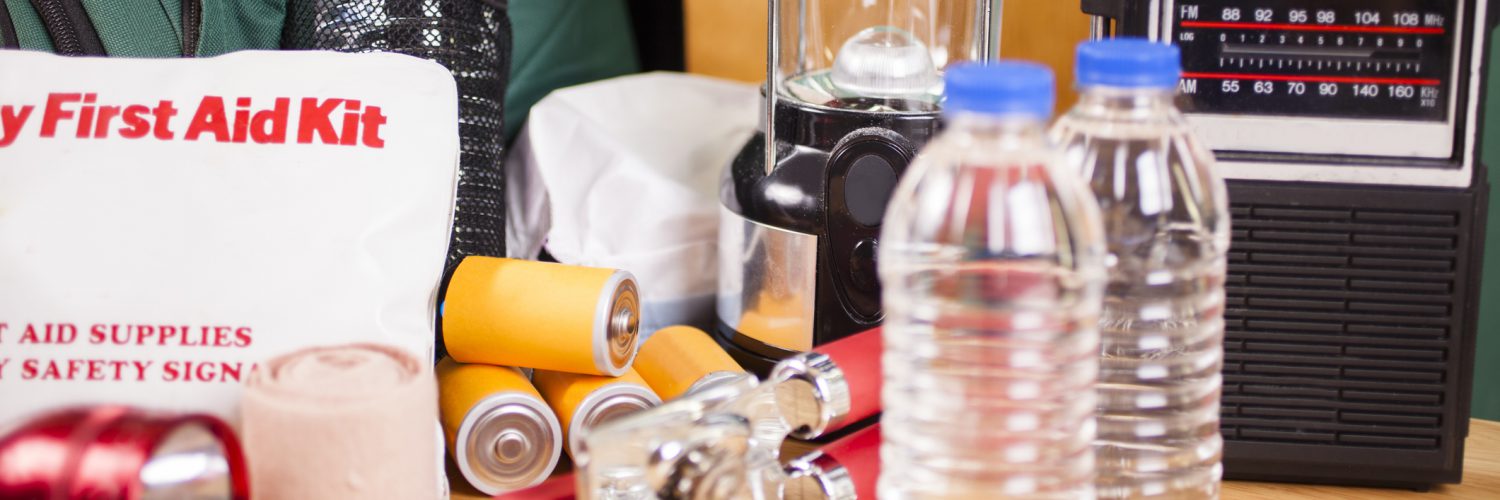While it would have been difficult to predict, let alone prepare for, the unprecedented pandemic we are currently experiencing, there are steps we can all take to be better equipped when emergencies of any kind happen. Having at-the-ready funds and resources available can help us get through temporary setbacks and challenges like this, and perhaps help decrease some of the stress and anxiety many people are facing as a result. Here are a few tips to help you get started.
Building an emergency fund
An emergency fund can help you cover your expenses in the event of a major setback or loss of income, including but not limited to home repairs, major medical issues or job loss. Many experts suggest saving enough to cover your living expenses for three to six months, but start where you can. Any amount will be helpful if an emergency happens, and having this fund in a savings account (where you can easily access it if needed) can help you avoid using credit cards or loans that can create debt or negatively impact your credit score in the future.
Set a goal. To get started, add up your typical monthly expenses and multiply that by six, if planning to save for six months’ worth of expenses. This will give you your goal amount to save for your emergency fund. Consider what you’re comfortably and realistically able to set aside each month. Even if it’s a small amount to get started, that’s okay!
Open an account. It’s helpful to set up a separate savings account for your emergency fund to avoid having to use it for other things that may detract from your goal. Plus it will make it easier to contribute to on a regular basis or whenever you have extra cash, like your tax return or a rebate check.
Make a few swaps. A few simple swaps can help your account grow more quickly and ensure you are putting enough into savings to cover potential emergencies in the future. Perhaps get take-out once a week instead of twice, and earmark the amount you would’ve spent for your emergency fund.
Contribute automatically. You can also consider having a small percentage directly deposited from your paycheck into the savings account. Those little additions can add up over the course of a year or so, especially if you are earning interest.
As the current situation shows, in addition to an emergency savings fund, it is also important to keep a few things on hand that may be harder to find, whether your car breaks down late at night or during a national or global emergency. Having a basic emergency kit can reassure you that you will not need to rush out and purchase things in a panic if an urgent situation arises. Ready.gov recommends preparing a small kit to keep at home or in your car including the following (check out the link for the full list):
- Non-perishable food and water supply to last three days
- Extra batteries
- Paper goods
- Flashlight
- Moist towelettes
- Prescription and over-the-counter medications
- First aid kit
- Cleansing products like hand soap at home, and alcohol-based hand sanitizer in your car
It is always best to be prepared to face any unexpected circumstances, whether now or in the future. We hope these tips help you get started preparing!



